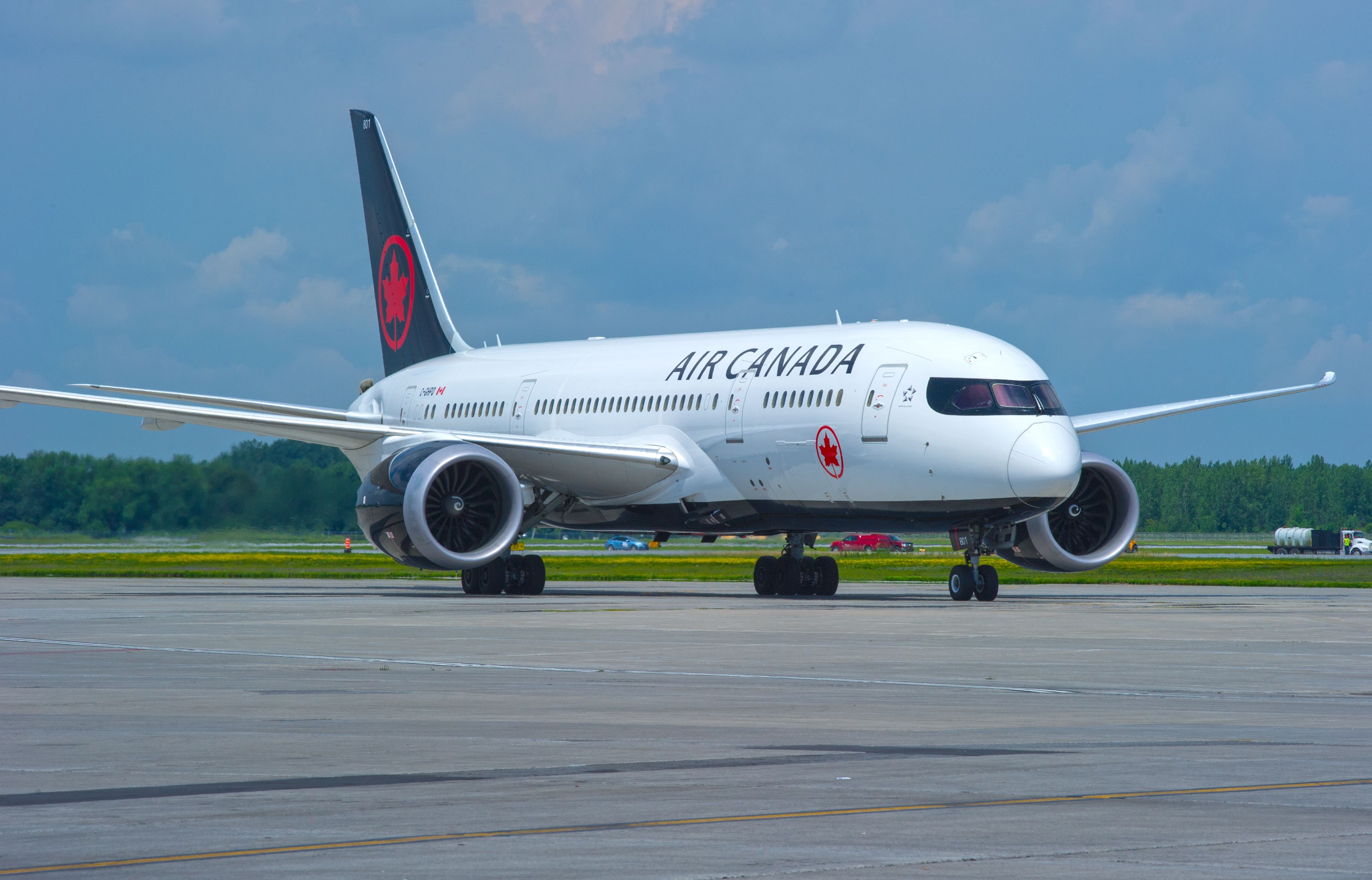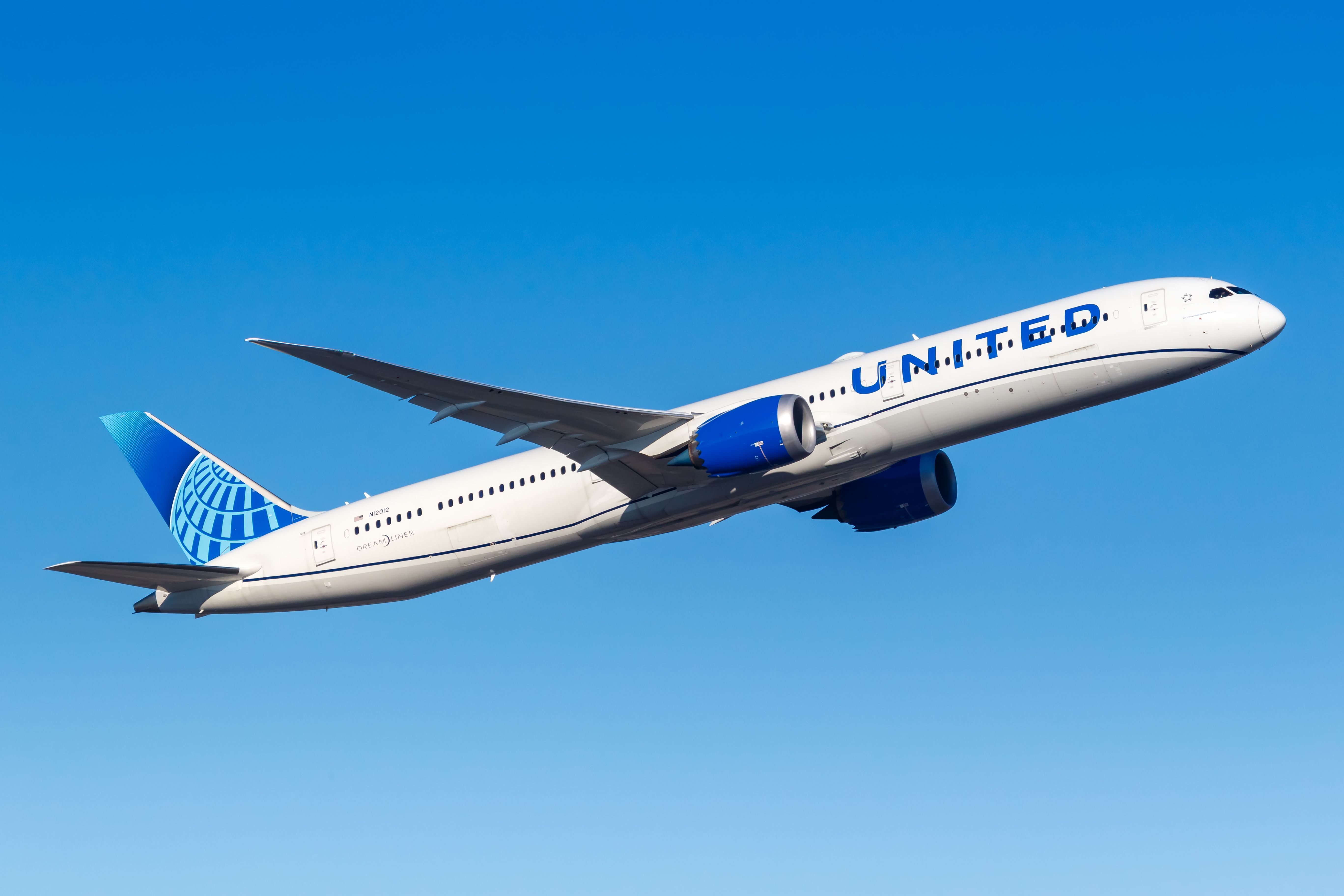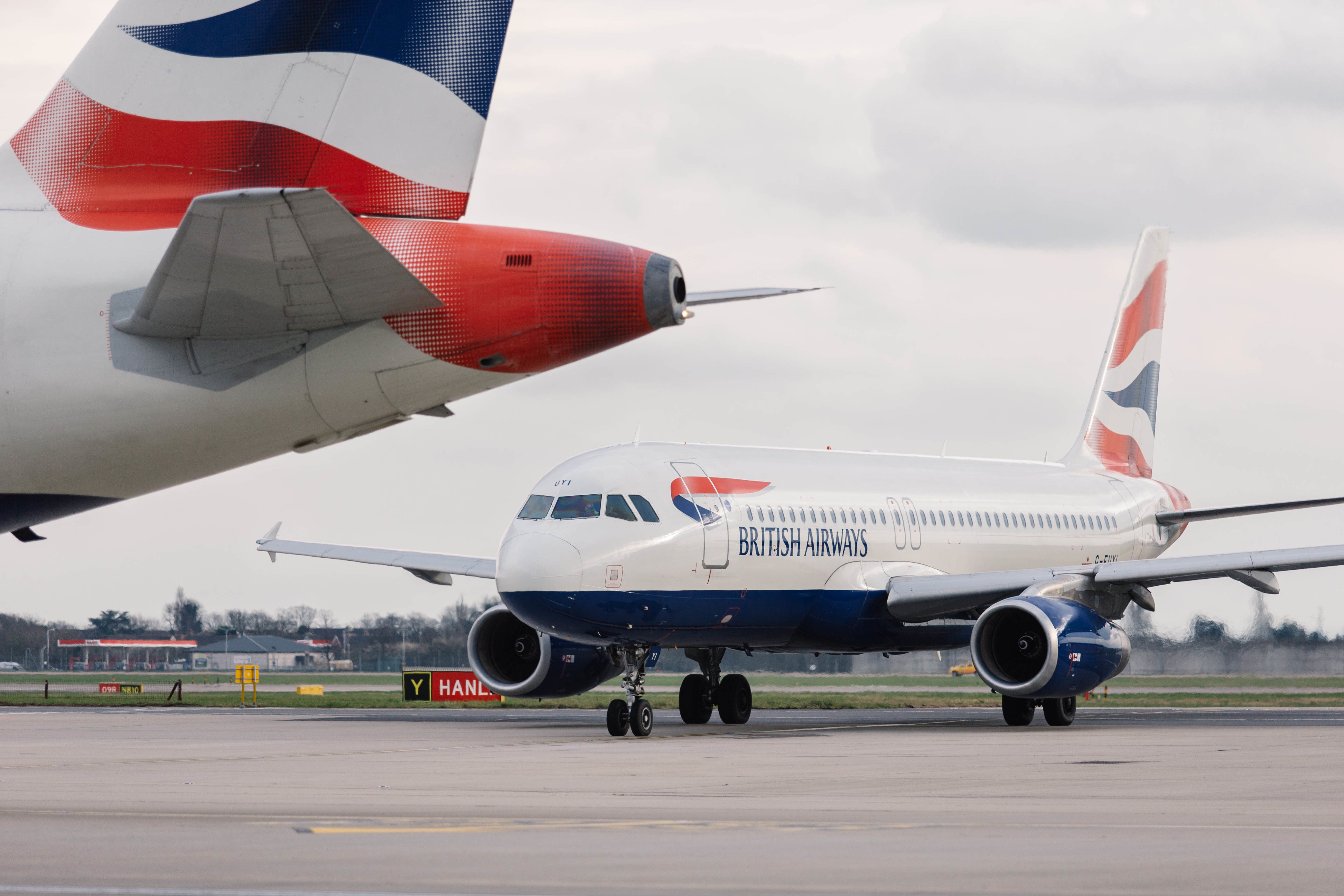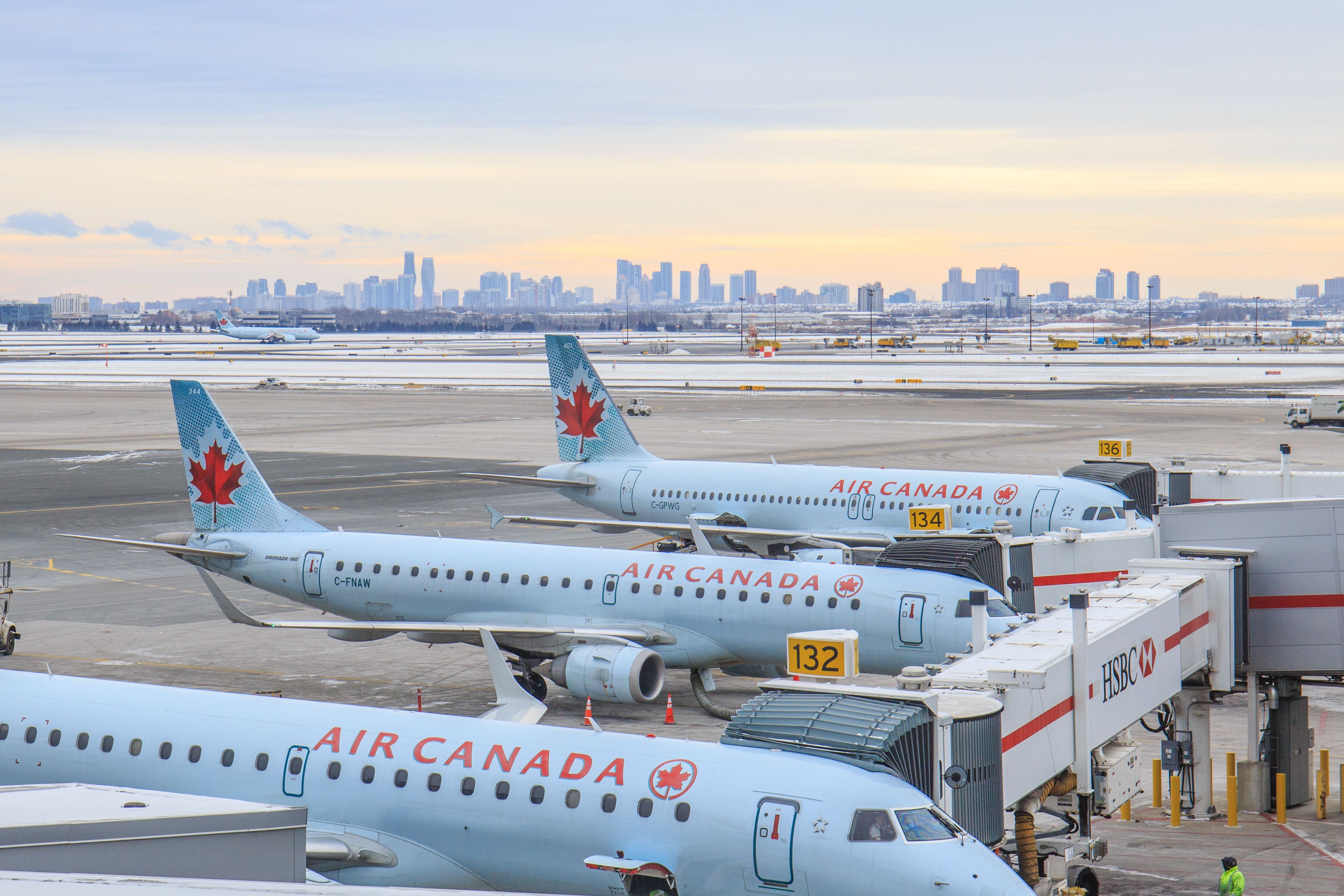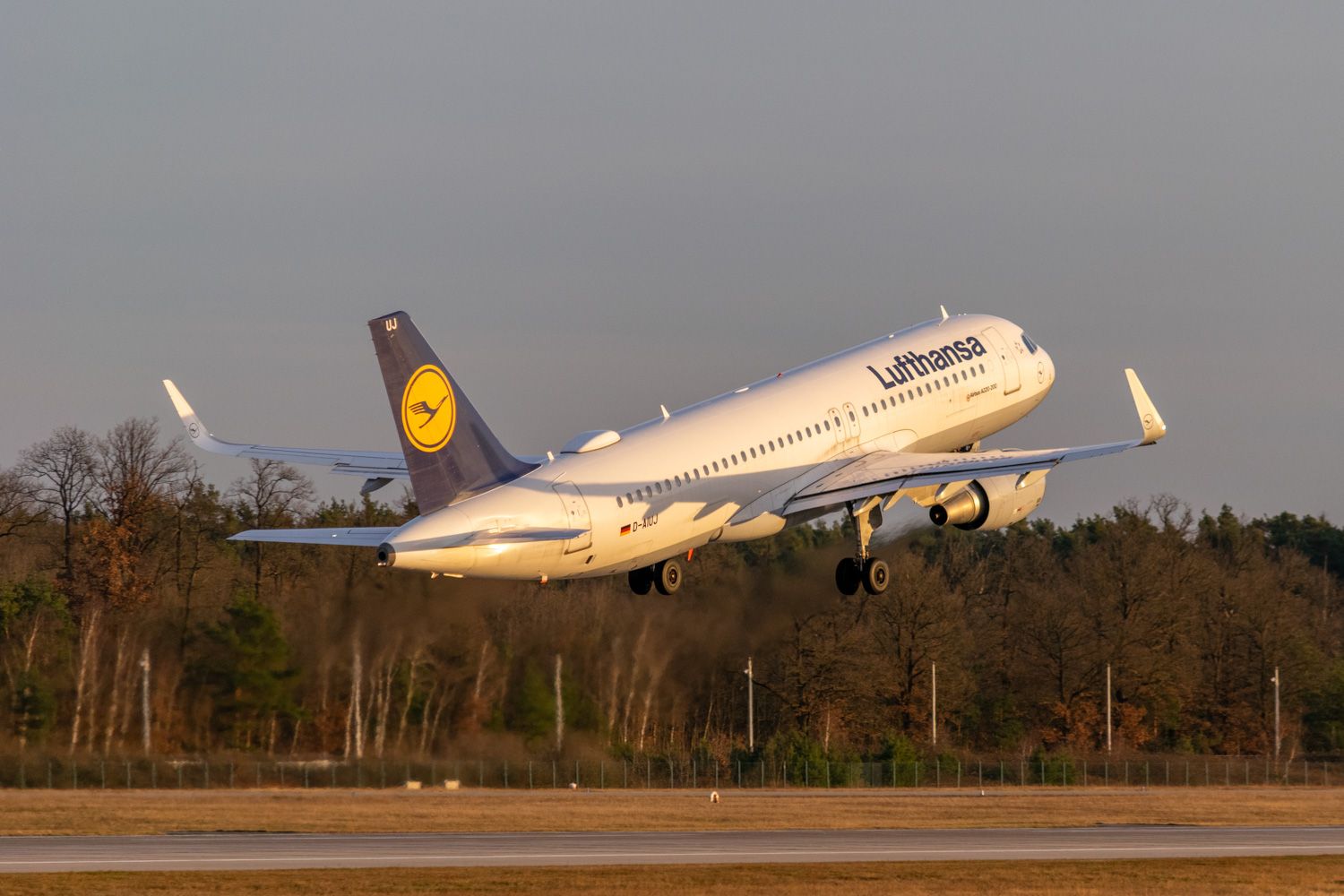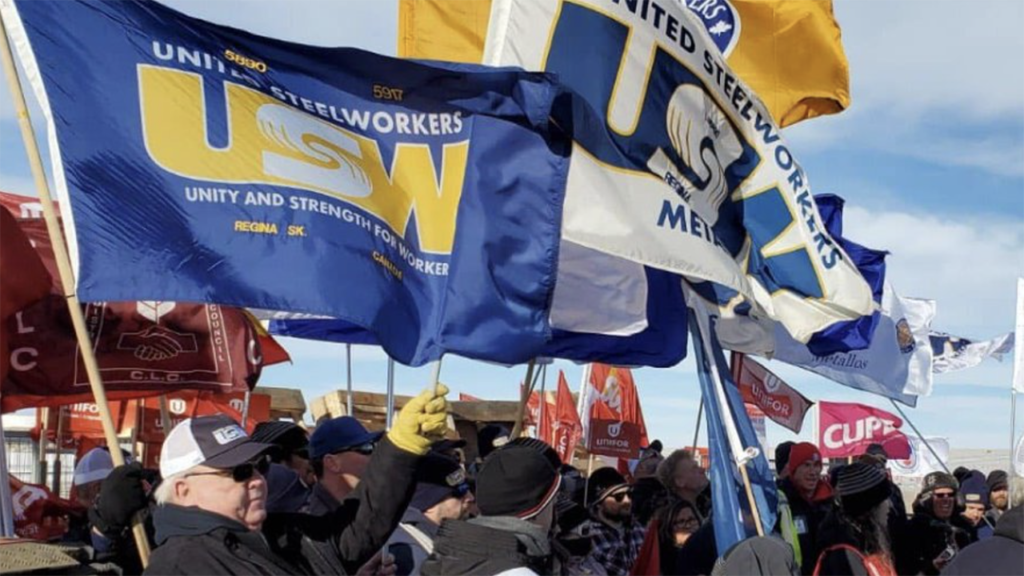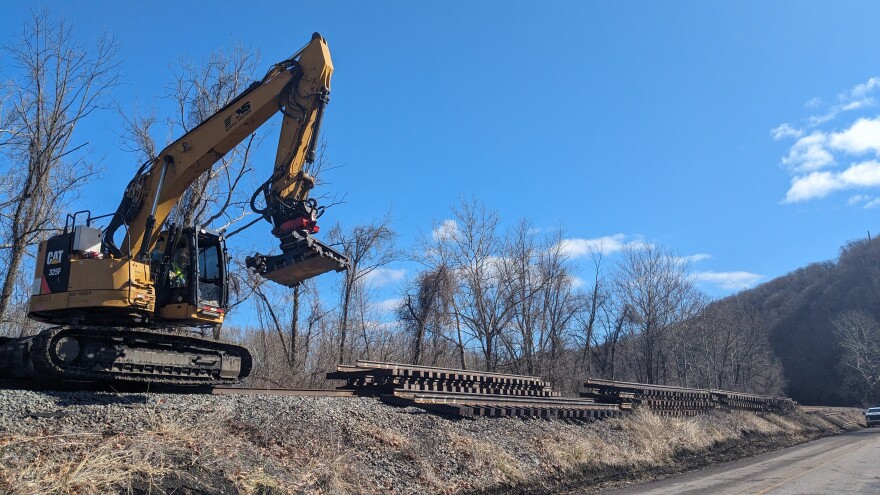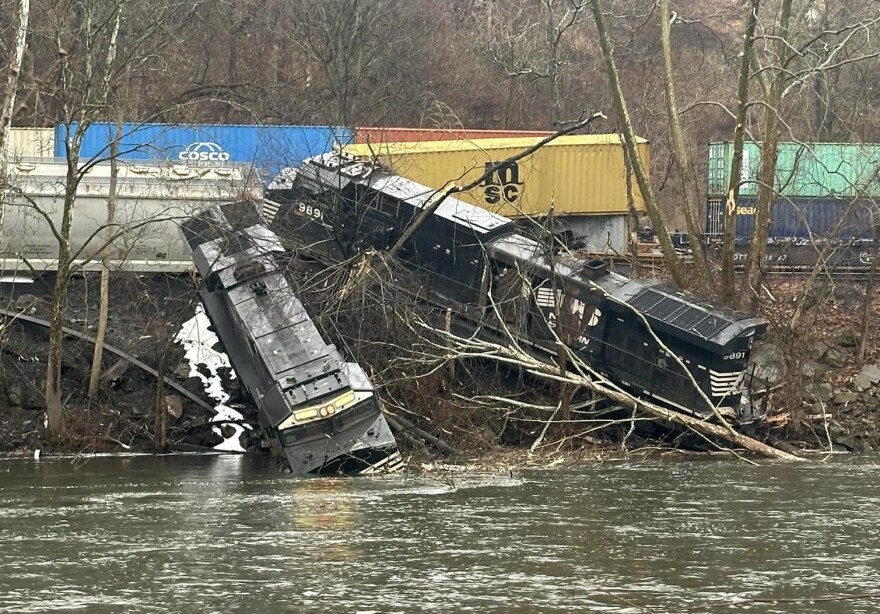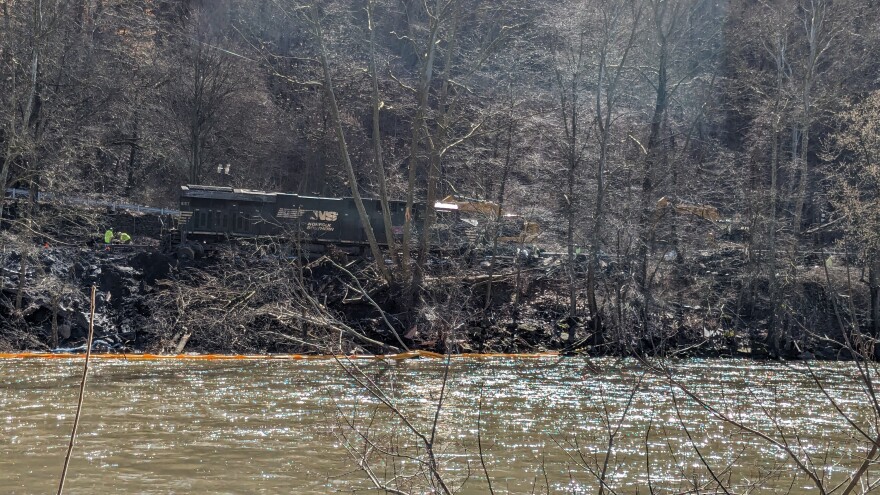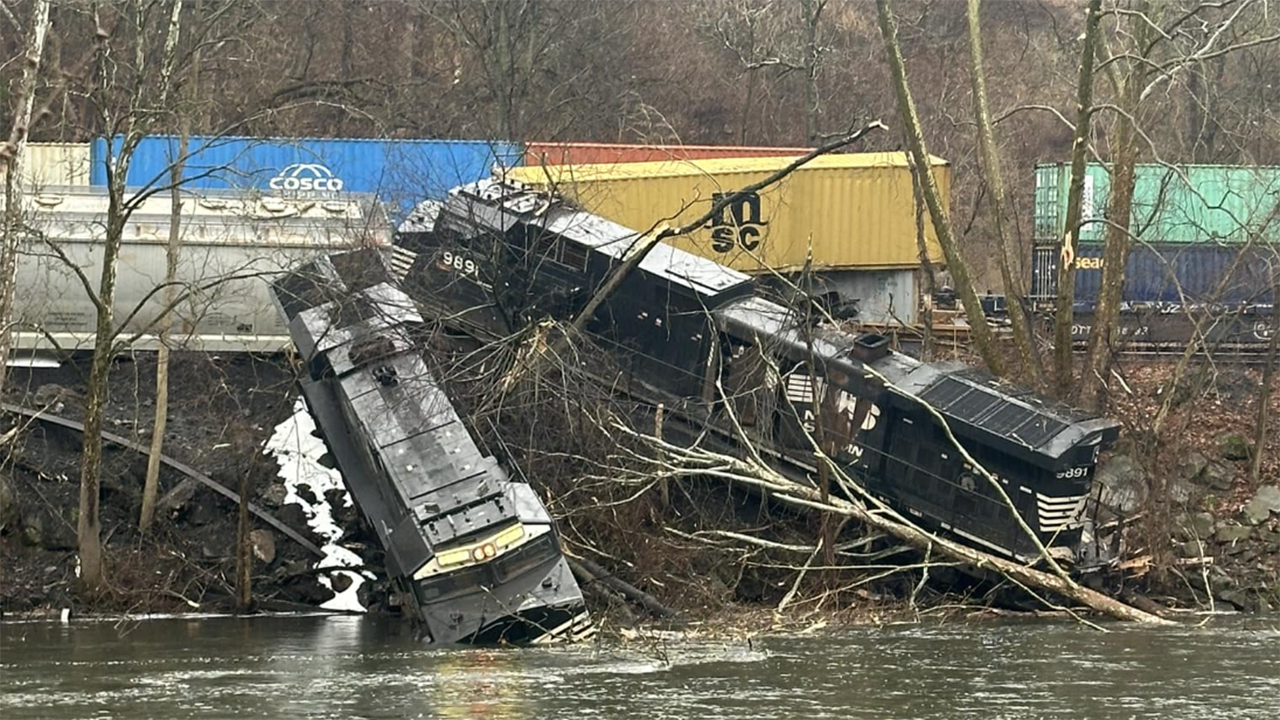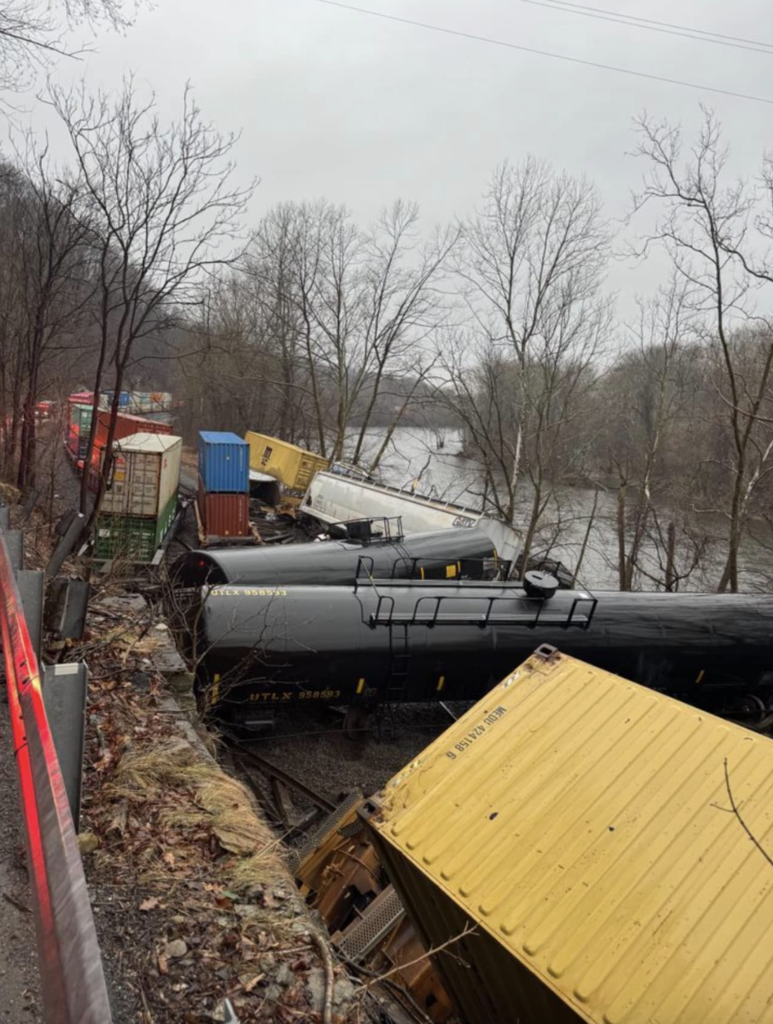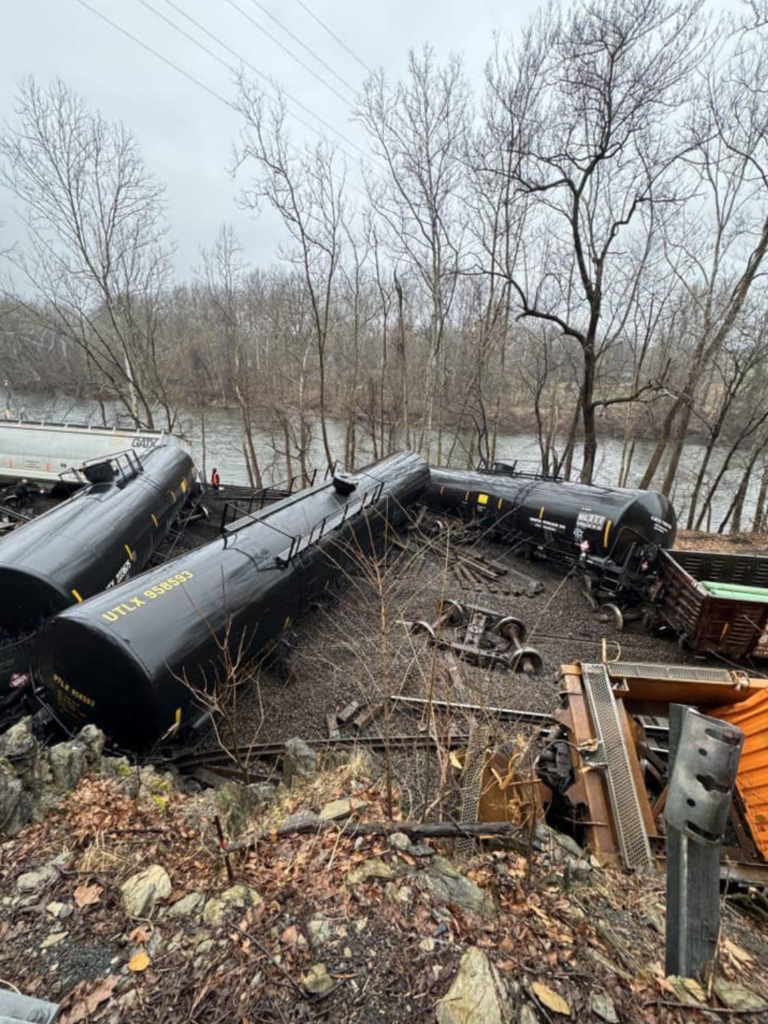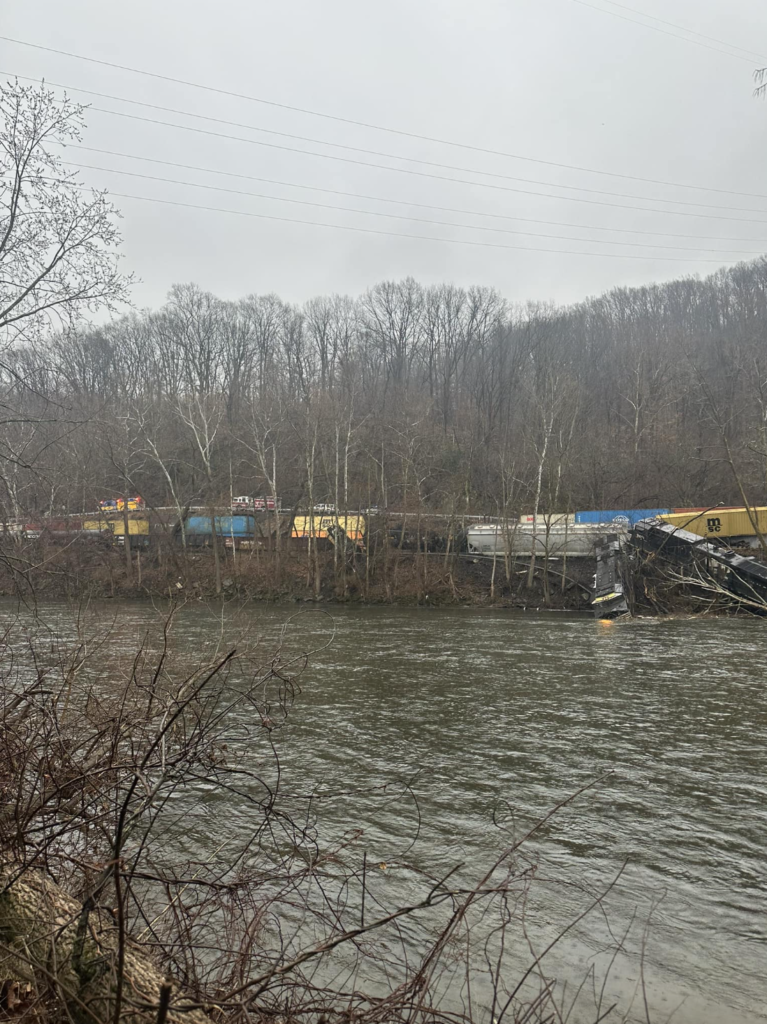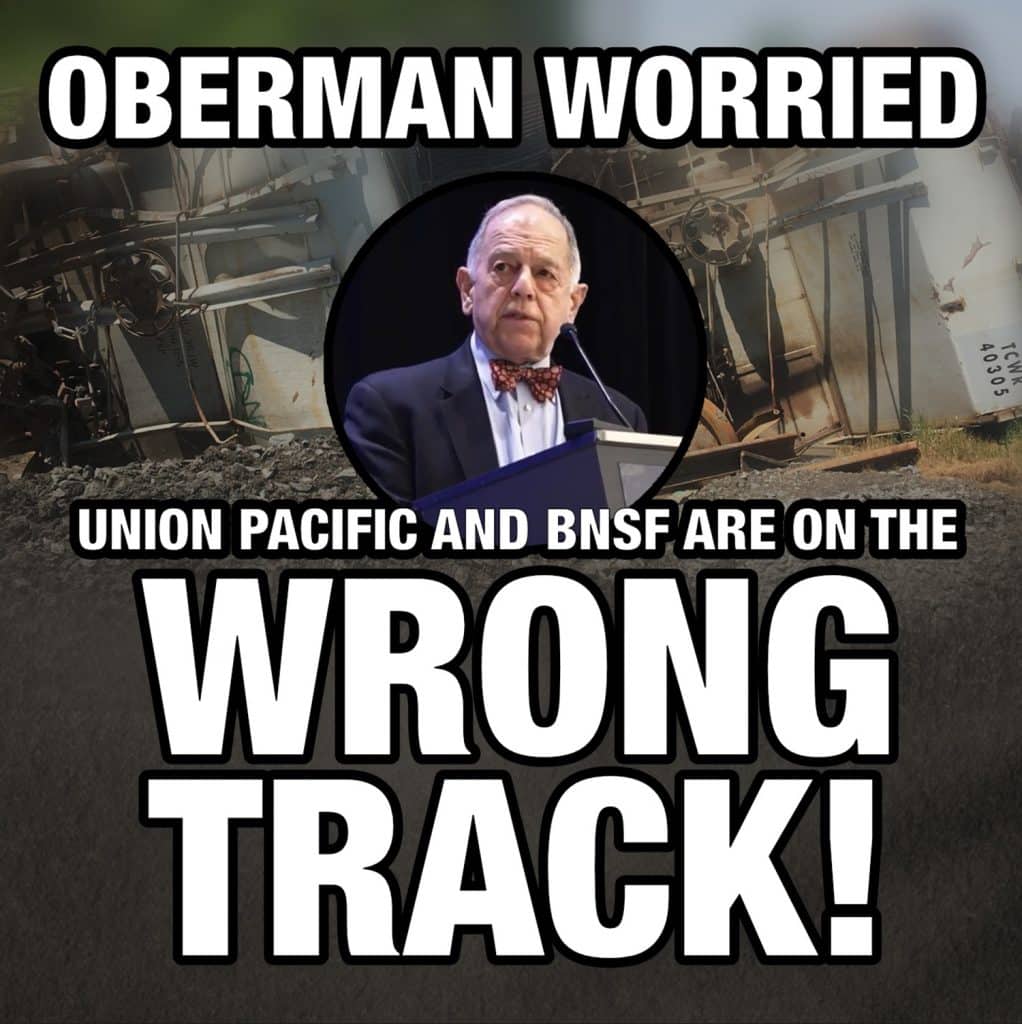Editor-in-Chief of Sustainability and Climate Change Madhavi Venkatesan named USA TODAY Woman of the Year for Massachusetts for leading plastic bottle ban efforts
IMAGE:
FURTHERING THE SCIENCE OF SUSTAINABILITY, SUSTAINABLE DEVELOPMENT, AND CLIMATE CHANGE. THE JOURNAL PROVIDES A FORUM FOR ORIGINAL RESEARCH PAPERS, AS WELL AS A COMPELLING MIX OF FEATURE ARTICLE CONTENT—COMMENTARIES, PERSPECTIVES, AND REVIEWS—THAT SUPPLEMENT THE RESEARCH AND HIGHLIGHT THE SOCIAL, ETHICAL, AND BUSINESS ISSUES FACING THE FIELD.
view moreCREDIT: MARY ANN LIEBERT INC., PUBLISHERS
Madhavi Venkatesan, PhD, Editor-in-Chief of the peer-reviewed journal Sustainability and Climate Change and founder of Sustainable Practices, has been named USA TODAY Woman of the Year for the state of Massachusetts in recognition of her outstanding efforts to eliminate single-use plastic bottles across Cape Cod and the Islands.
With economics and sustainability at the forefront, Venkatesan established Sustainable Practices in 2016, aiming to address pressing environmental issues through innovative solutions. Since then, she and her nonprofit team have spearheaded a series of initiatives that have significantly reduced plastic waste in the region. In 2019, Sustainable Practices launched a groundbreaking municipal plastic bottle ban campaign, targeting the elimination of non-emergency single-use plastic bottles by town governments and the sale of beverages in single-use plastic containers on municipal property across Barnstable County. By June 2021, all 15 towns on Cape Cod had implemented the policy, marking a significant milestone in the fight against plastic pollution.
Building on this success, in 2020, Venkatesan and her team initiated a commercial single-use plastic water bottle ban, calling for the prohibition of the sale of non-carbonated, non-flavored water in single-use plastic bottles of less than one gallon in size within town jurisdictions. By 2023, nine towns, including Brewster, Chatham, Eastham, Falmouth, Harwich, Orleans, Provincetown, Wellfleet, and Yarmouth, had implemented commercial bans, further reducing plastic waste and promoting sustainability in the region.
In recognition of Sustainable Practices' impactful work, Gov. Maura Healey presented the organization with a citation in January, acknowledging their dedication to environmental stewardship and the success of their bottle ban efforts. Following the organization's lead, Gov. Healey announced in September that she would sign an executive order banning the purchase of single-use plastic bottles by state agencies, aligning with Sustainable Practices' mission to create a cleaner, greener future for Massachusetts.
Dr. Venkatesan's leadership and commitment to sustainability have not only transformed communities across Cape Cod and the Islands but have also inspired change at the state level. Her tireless advocacy and innovative solutions serve as a beacon of hope in the global fight against plastic pollution.
About the Journal
Sustainability and Climate Change is a peer-reviewed publication dedicated to furthering the science of sustainability, sustainable development, and climate change. The Journal provides a forum for original research papers, as well as a compelling mix of feature article content—commentaries, perspectives, and reviews—that supplement the research and highlight the social, ethical, and business issues facing the field. The Journal is led by Editor-in-Chief Madhavi Venkatesan, PhD, Northeastern University, Boston, MA, and an esteemed international editorial board. Complete tables of contents and a sample issue are available on the Sustainability and Climate Change website.
About the Publisher
Mary Ann Liebert, Inc. is a global media company dedicated to creating, curating, and delivering impactful peer-reviewed research and authoritative content services to advance the fields of biotechnology and the life sciences, specialized clinical medicine, and public health and policy. For complete information, please visit the Mary Ann Liebert, Inc. website.
JOURNAL
Sustainability and Climate Change
METHOD OF RESEARCH
News article
SUBJECT OF RESEARCH
People
